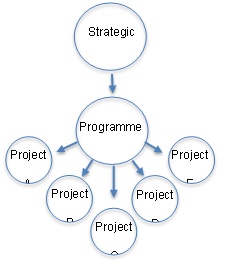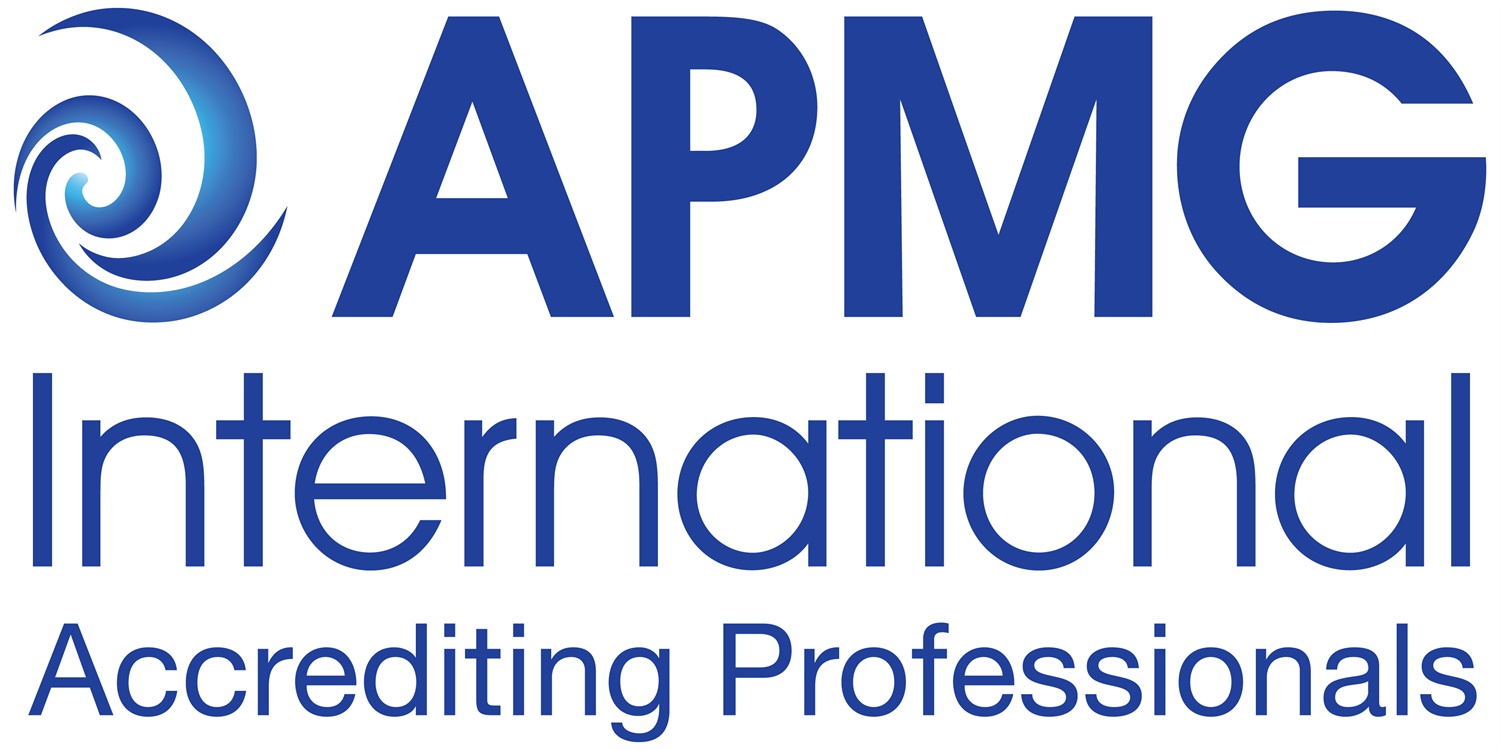15.01.15
Better Business Cases™ - what difference do they make?
Public sector bodies around the world invest vast sums of money each year on new or replacement assets such as buildings, equipment and facilities. With so much demand for capital investment it is essential that we make the right choices and demonstrate value for money. A vital activity is the scrutiny, via business cases, of what is proposed to ensure that it is the right sort of investment, affordable, and value for money. Business case preparation is a complex and often costly task, where organizations find themselves reinventing the wheel despite the range of official guidance widely available.
If we consider the United Kingdom as an example, there are over 900 public sector organizations, typically each planning and procuring around 10 key investments each year. This equates to a total of over 27,000 business cases, which at an average cost of £50k to produce (taking account of internal and external resources) equates to a conservative cost of over £1.35 billion spent on business cases within the public sector each year.
The Better Business Cases guidance aims to considerably reduce the associated in-house and external consultancy costs of producing business cases to the required standards. Consequently, through the use of this guidance and its supporting templates, savings are envisaged of at least 15 to 25%, or between £200 and £330 million per annum.
A good business case provides the evidence to support decision-making and assurance to all stakeholders of responsible action. Although they tend to be associated in some people’s minds with large-scale investments or service redesigns, business cases are equally relevant – and just as important – to smaller projects or developments. The common factor linking them is the business case process must involve close scrutiny of all relevant financial and nonfinancial aspects of a proposed project to ensure that the best possible solution is selected for a given set of circumstances.
The Five Case Model - helps you do just that
The British Government has implemented a framework for creating successful business cases called Better Business Cases (BBC) which has been around for 25 years. In New Zealand The Treasury has created a concise version of the British framework, combined with parts of the Investment Logic Mapping framework used by Australia’s department of Treasury and Finance for the State Government of Victoria. Rodney Barber, The Treasury’s lead of the Better Business Case programme for New Zealand and a member of the BBC Standards Board based in the UK recently spoke at a project management seminar. He explained the tool as “a thinking process and a stakeholder engagement process”. “It is not a writing process,” he explains emphatically. “BBC takes you as far as the investment decision so that there is clear agreement between the sponsor and the decision maker on what the scope is and what the best value for money option is and who is going to pay for it. BBC won’t inform policy or strategy, in fact the first thing it will do is test strategy.” “The heart of it is the five case model,” he says. “There are only ever five questions that any governing body or decision maker is going to want the answer to if they are going to invest in a programme.” Those questions are:
- The strategic case - Is there a compelling case for change?
- The economic case - Does the preferred investment option optimize value for money?
- The commercial case - Is the proposed deal commercially viable?
- The financial case - Is the spending proposal affordable?
- The management case - How can the proposal be delivered successfully?
These questions are articulated in the Five Case Model, which covers the five key elements of good practice business cases. Further to the Five Case Model is the pathway of the BBC process, which can be used to select which type of business case best delivers the required decision. Large-scale and/or high-risk projects require a more in depth business case than smaller projects. As much as anything, the BBC tool is a common language that everyone can use in working on a business case. According to Barber it is about, “bringing transparency to the trade-offs and giving the key stakeholders visibility to your thinking.” The delivery risk is not part of BBC. BBC will not manage the project past the investment decision – you need good project and programme management to deliver the project once you have got the money,” he explains. But the whole point of the BBC tool is to help you make the right decision in the first place so that, as long as you have good project management along the way, the likelihood of the project meeting expectations will be greatly increased.
The Five Case Model provides the framework and tools to enable effective decision-making when scoping and planning spending proposals in a robust and thorough manner and can be used at the strategic level, the programme level and the individual project level. Its use should always be proportionate to the level at which it is being applied as well as the cost and risk associated with the investment.
The programme level business case or Strategic Outline Programme (SOP) should clearly set the parameters for the programme, the funding envelope, the key work streams or projects which constitute the programme and their critical path for delivery

Large, complex proposals at the project level are developed in 3 iterations through:
- The Strategic Outline Case (SOC) – which makes the case for change and refines the long lit options into a shortlist
- The Outline Business Case (OBC) – developing the SOC to confirm the solution which offers optimal value for money
- The Full Business Case (FBC) – expanding the OBC, taking the chosen option through procurement, putting in place delivery plans and providing the final detailed costing of the scheme
Smaller, less complex proposals can be developed with one iteration using the Business Justification Case (BJC). Whether developing a BJC, or a SOC-OBC-FBC, it is important to be pragmatic – the breadth of evidence across the 5 elements is key to scoping, planning and justifying any investment; the depth of evidence required should be proportionate to the risk and value of the proposed investment.
Links with Recognized Portfolio, Programme and Project Management Methodologies
The UK best practice guidance in portfolio, programme and project management all recognize the fundamental importance of a robust business case and are dependent upon appropriate application of the Business Case Development Process defined within BBC.
The Management of Portfolios (MoP) best practice framework ensures the effective and consistent use of a business change lifecycle, which provides a review of the continued viability and business value of initiatives via reporting, stage/phase gates and portfolio-level reviews. In this way it clearly highlights which programmes and projects are not adding value to strategic objectives and makes clear recommendations to the relevant decision-making body.
The Managing Successful Programmes (MSP) best practice framework defines programme management as the action of carrying out the coordinated organization, direction and implementation of a dossier and transformation activities to achieve outcomes and realize benefits of strategic importance to the business. The MSP principles, governance themes and a transformational flow all emphasize the need for stakeholder engagement and benefit realization management.
The Projects in a Controlled Environment (PRINCE2) best practice framework states Continued Business Justification as a key principle for project success. It is a requirement for a project that:
- There is a justifiable reason to start it
- The justification should remain valid throughout the life of the project
- The justification is documented and approved.
As a project is inextricably linked to its business justification, it drives the decision-making processes to ensure that the project remains aligned to the business objectives and benefits being sought.
APMG Accredited Training
Approved training is available via an international network of APMG International Accredited Training Organizations (ATOs). Full details about Better Business Cases certification are available on the APMG website.
Our Better Business Cases Foundation course takes you through the fundamentals of the Five Case Model. Passing the exam provides proof that you understand the model and are able to recognize and advice on its requirements.
Our Better Business Cases Practitioner course enables you to demonstrate your ability to apply the Five Case Model to business scenarios, scrutinizing a proposed investment for affordability, value for money and deliverability.
Conclusion
Based on objective worldwide research, the business case was found to be the greatest destroyer of value. If a project has the wrong scope, poor requirements and the wrong target, its business case will not maximize the project's value.
The Business Case Development Process will assist all investing organizations to produce meaningful business cases. It will, if used properly, help cut the cost, thus saving money to projects. More importantly, the guidance will help anyone involved with, or overseeing, a project to understand the work that is necessary genuinely to prove a case for investment. This will enable a business case to become what it should be – not a bureaucratic necessity in order to obtain approvals, but a document demonstrating evidence-based decision-making.

Better Business cases
Our ATOs
APMG International
Importance of Better Business Cases
APMG-International
Sword House
Totteridge Road
High Wycombe
Buckinghamshire
HP13 6DG
Tel - +44 (0) 1494 452450